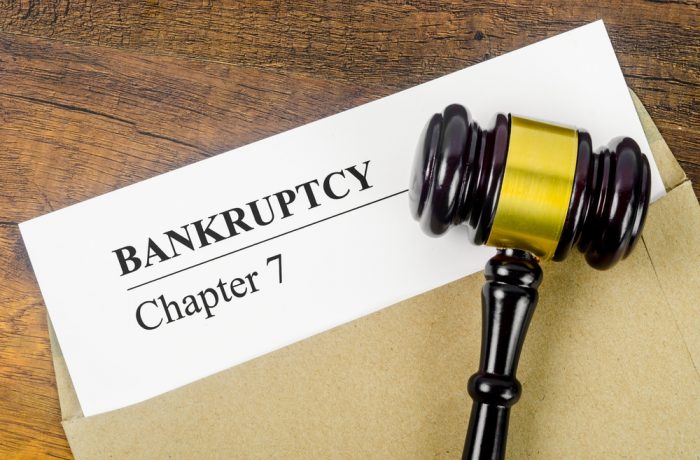A Strategic Reset That Offers Relief, Not Ruin
Worried about filing for bankruptcy? Learn what really happens after you file, from court steps to credit recovery, and why bankruptcy can be a smart financial reset—not a life sentence.
When people hear the word bankruptcy, they often envision financial ruin, endless court battles, and a credit score that will never recover. The reality, however, is far less frightening—and for many, filing for bankruptcy can be the start of a better financial future.
If you’re feeling overwhelmed by debt, it’s important to understand that bankruptcy isn’t the end of your financial life—it can be a smart and lawful strategy for a fresh start. Here’s what really happens after you file for bankruptcy, how it impacts your life, and why it might be the lifeline you need.
Step-by-Step: What Happens After You File for Bankruptcy
1. The Automatic Stay Kicks In
Once your bankruptcy petition is filed, the court issues an automatic stay. This legally stops most creditors from continuing collection efforts—no more harassing phone calls, wage garnishments, or lawsuits.
2. The Trustee Takes Over
A bankruptcy trustee is appointed to oversee your case. Their job is to review your financial documents, manage the case administration, and, if applicable, sell any non-exempt assets to repay creditors (Chapter 7) or supervise your repayment plan (Chapter 13).
3. The 341 Meeting (Meeting of Creditors)
You’ll attend a short meeting, typically 30 to 45 days after filing, where the trustee and any interested creditors may ask questions about your finances. It’s not a courtroom drama—just a procedural step to confirm your information.
4. Debt Discharge or Repayment
In a Chapter 7 bankruptcy, qualifying debts are typically discharged within 3 to 6 months. In a Chapter 13, you’ll follow a court-approved repayment plan that lasts 3 to 5 years. After that, remaining eligible debt may be discharged.
5. Case Closure and Moving Forward
Once the case concludes and debts are discharged, you are no longer legally obligated to pay those creditors. From here, the real rebuilding begins.
Common Bankruptcy Myths—Debunked
Myth 1: “You’ll Never Get Credit Again.”
Reality: Many people receive credit card offers within months of their bankruptcy discharge. While the terms may be less favorable at first, responsible use helps rebuild your credit score over time.
Myth 2: “I’ll Lose Everything I Own.”
Reality: Most filers keep their home, car, retirement accounts, and personal belongings. Federal and state exemption laws protect many assets during bankruptcy.
Myth 3: “Bankruptcy Means I’ve Failed.”
Reality: Bankruptcy is a legal and ethical solution for resolving unmanageable debt. Millions of Americans, including business leaders and celebrities, have filed to get back on track.
Rebuilding Credit and Finances After Bankruptcy
- Start with a Budget: A solid budget helps you stay on track and avoid falling back into debt.
- Open a Secured Credit Card: Use one responsibly, pay it off monthly, and watch your credit score rise.
- Pay All Bills On Time: Payment history is the most important factor in your credit score.
- Check Your Credit Report Regularly: Ensure discharged debts are marked correctly.
- Avoid Predatory Lenders: Be cautious of high-interest lenders who may trap you in new debt.
Bankruptcy as a Strategic Reset
Filing for bankruptcy isn’t a financial death sentence—it’s a chance to breathe, regroup, and start over. It allows individuals and families to eliminate or restructure debt, protect essential assets, and gain peace of mind.
Many successful people have used bankruptcy as a reset button. With the right guidance, you can do the same. It’s not about giving up—it’s about taking control.
Final Thoughts
If you’re drowning in debt and see no way out, bankruptcy may be a solution worth exploring. It offers a structured legal process to reduce or eliminate debt and provides a foundation for rebuilding your financial life. More importantly, it restores hope and gives you the opportunity to chart a better path forward.
Need help navigating bankruptcy? Contact the experienced bankruptcy attorneys at the Law Firm of Figeroux & Associates today to discuss your options in a confidential consultation. Get help to turn the page and start fresh. Call 855-768-8845 or visit www.askthelawyer.us to schedule appointment.





